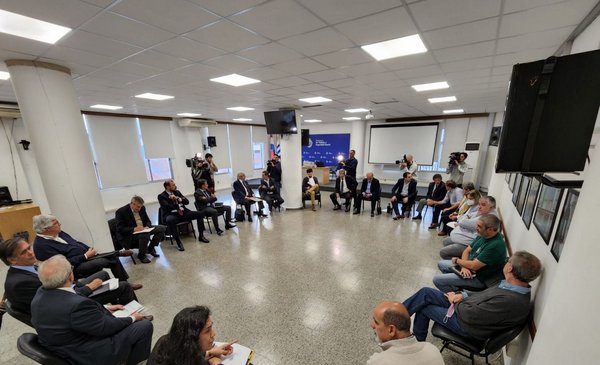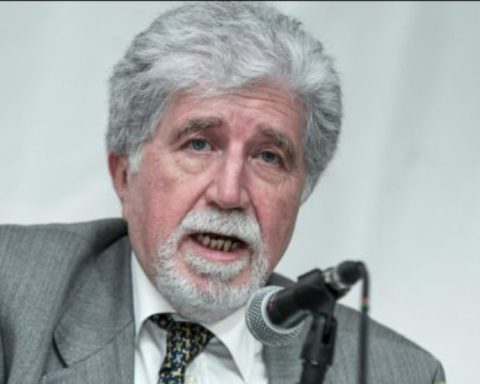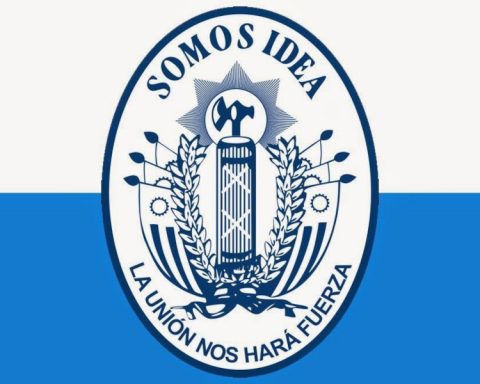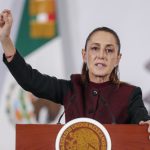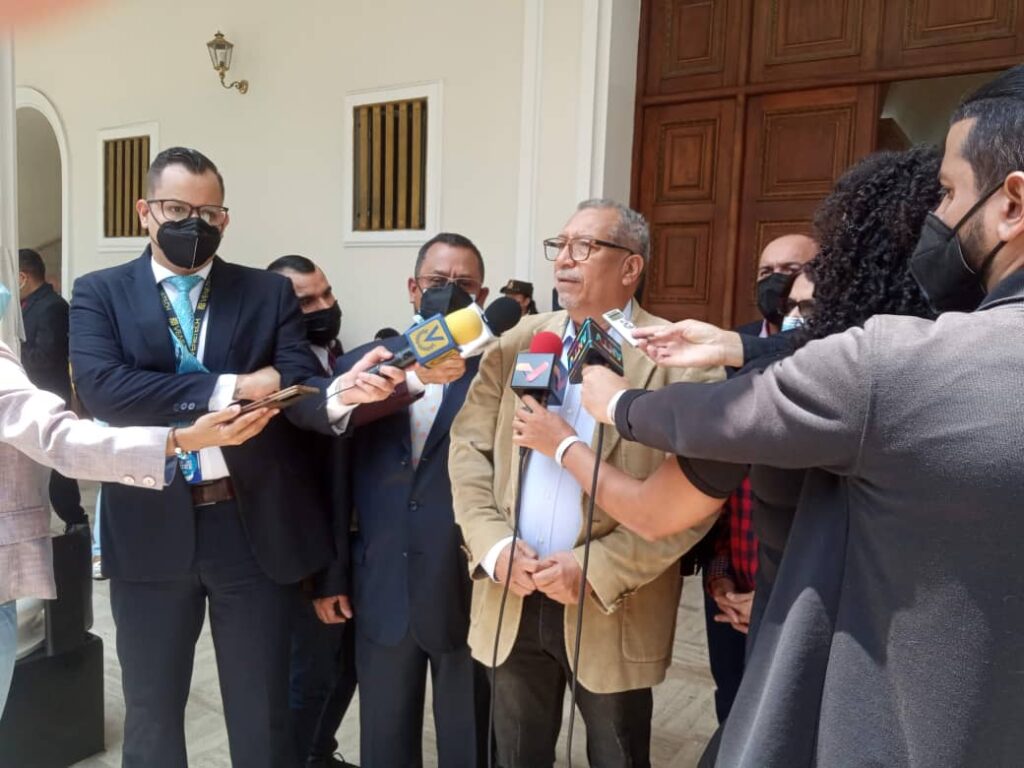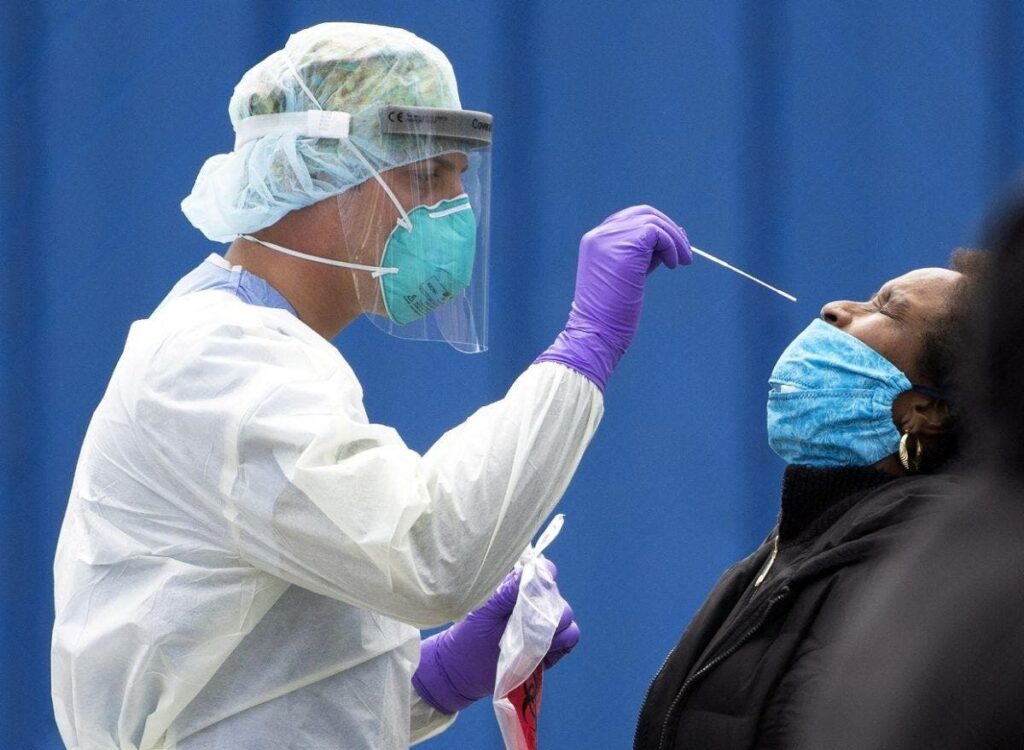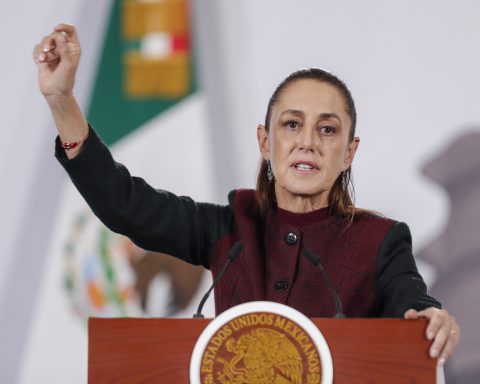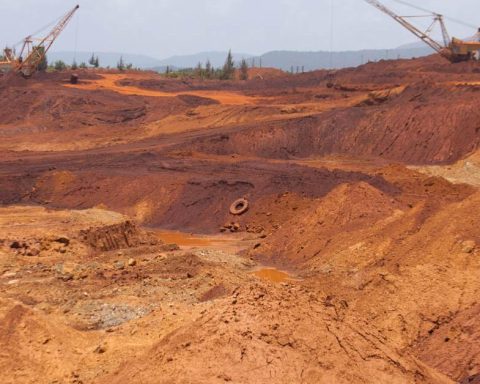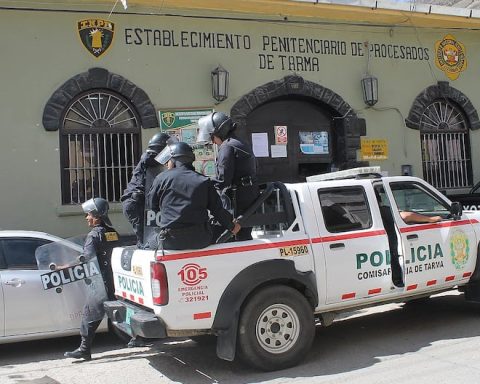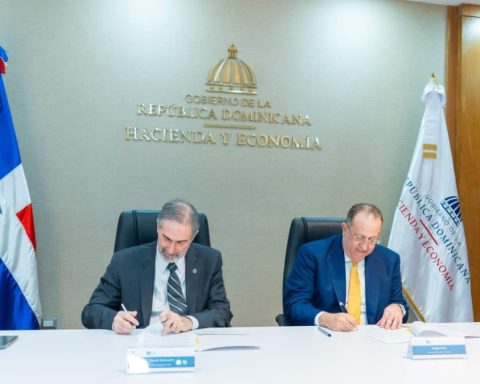The Superior Tripartite Council of the private sector met on Friday afternoon. There the Executive Power officially presented the proposal made at the beginning of the week: that employers and workers negotiate the payment in July of a corrective for inflation in those sectors that do not have it incorporated in the current agreements.
This is a suggestion made by the government and the incorporation of this clause is left to what the parties decide as a result of an agreement. The idea of the Ministry of Labor and Social Security is that the negotiation tables —around 80 that include 300 thousand wage earners— be installed and discuss this point in the coming weeks to seek consensus. Unlike the usual instances of wage councils, the Executive Power will not have a vote in these negotiations.
And as usually happens in all salary negotiations, the reality of the sectors and companies is very heterogeneous. The business unions have already indicated in recent days that there will be items in a position to grant the corrective, and others in which the companies will try to maintain what was agreed last year, that is, pay the corrective only in the middle of 2023 as originally agreed. ANDThis is something that the unions opposed from the beginning, when in their platforms they hinted at the lack of credibility in the official inflation targets that the government set forth in the guidelines. Feasibly, the corrections that will be paid in the middle of the year will be mostly between 2% and 3%.
In addition, Some questions have also been raised in the commercial sector to the proposal, because it is considered that opening the negotiation supposes “a game changer“, he knew The Observer.
The advance payment must be negotiated in cleaning companies, service stations, real estate, livestock, agriculture and dairy farms, beverage transport, mechanical workshops, exchange houses, leather industry, clothing and fish processing plants, among others.
Y there is another group of desks that have already incorporated a first correction for past inflation for July, because in the 2021 negotiation they did not comply with the official guideline and agreed on the outside. Here there are sectors of commerce such as stores and supermarkets, domestic service workers, mills, beverages, metallurgists and private education, for example. Having deviated from the guideline also implies that in some cases there are established salary recovery percentages until 2023 greater than the 1.6% proposed by the government.
Public workers
The Superior Council of the public sector also met on Friday. During the meeting, it was agreed to install the different branch tables, pSo that in each one of them it is defined how the 2% adjustment announced by the government for next July will be computed.
The January 2023 increase has three components: projected inflation, inflation correction of the increase granted in 2022, and recovery of lost wages. For the COFE union, the 2% should be computed as a recovery and not as an advance of the next annual adjustment.
“If it is attributed to the loss, it shrinks and it is good news for us”, affirmed the leader Joselo López at a press conference. Next month the tables of the entities, central administration, article 220 of the Constitution, education and the Judiciary will be installed.
The leader added that first we must try to agree on the loss that the public workers sector has had, because, as he said, there are differences regarding what the Executive Power proposes.
